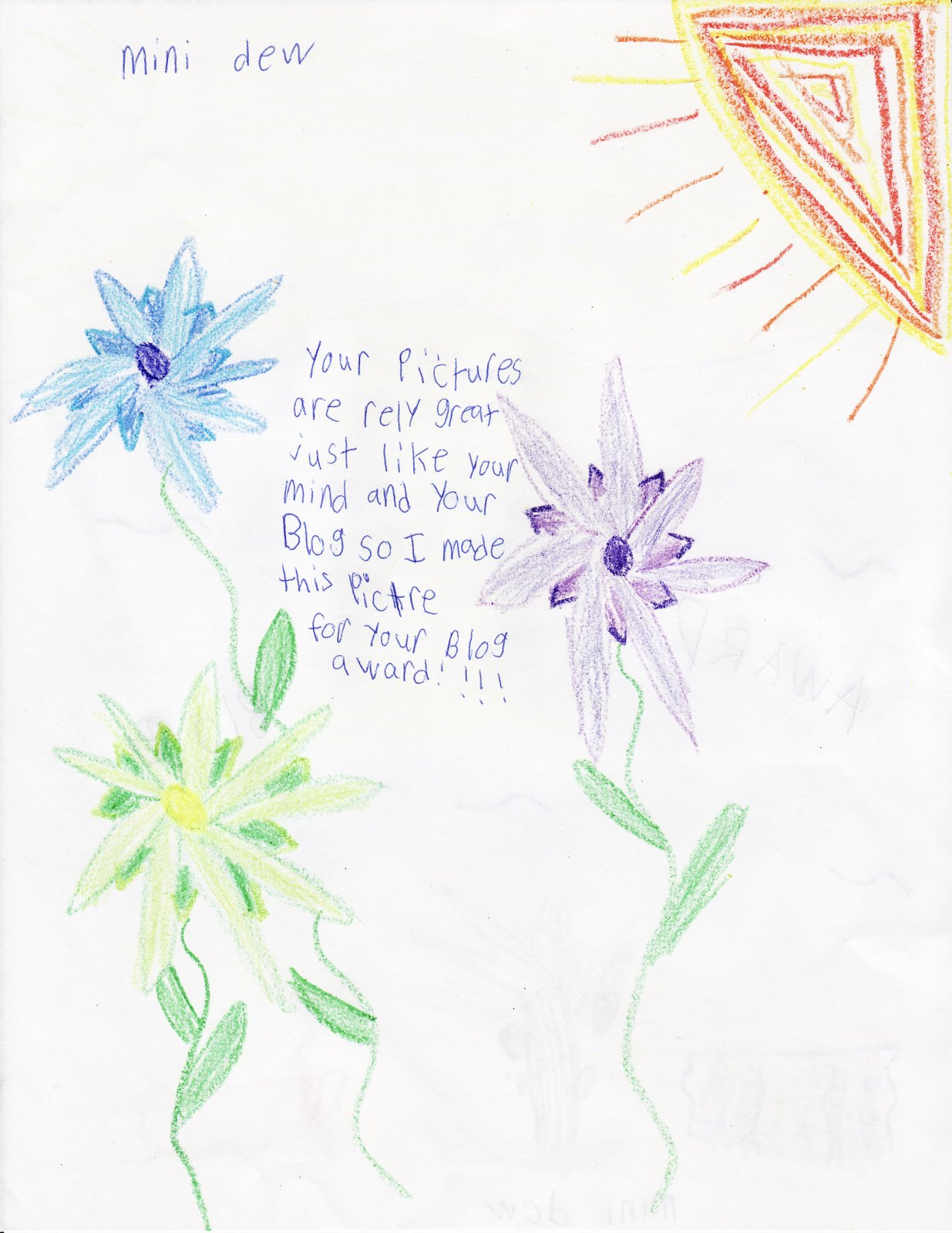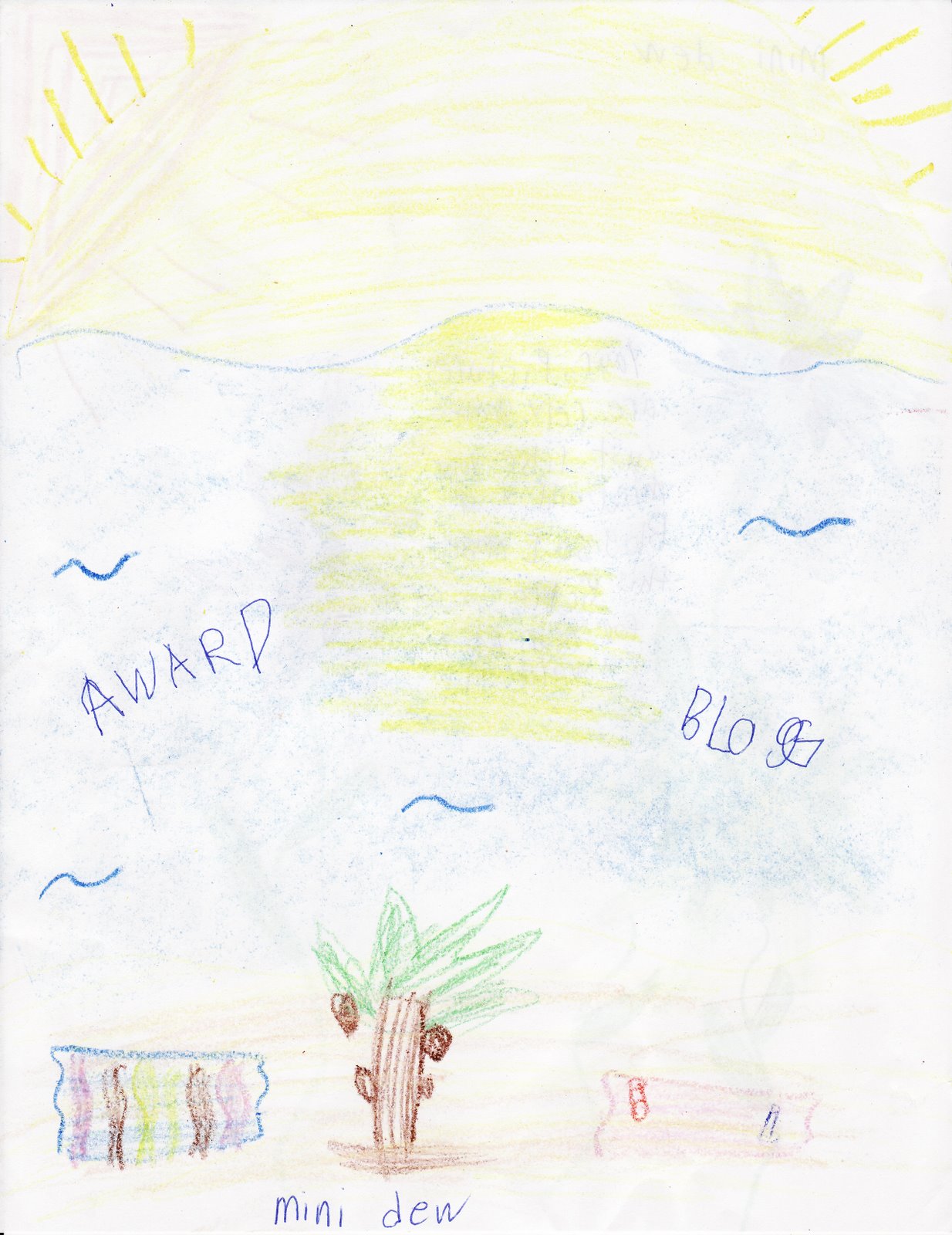 [Photo by audgesshots: link]
[Photo by audgesshots: link]
Before I get into the severe weather topic of the day, I want to take a minute to discuss the consequences of the ferocious ice storm that wreaked havoc across much of the central and northeastern United States a week ago and is now dropping buckets of snow in England and other parts of Europe. That's right, the same system that has left hundreds of thousands of people without power for heat. Some are looking at another week before power can be restored... some are facing as many as 3 more weeks before they have power again... and another clipper system is working cold temperatures into the area. Even sadder are the lives that have been lost as a result of this horrific winter ice storm event... 55 lives have been taken, which surpasses the 30 lives lost in the North American Ice Storm of 1998. The hardest hit state appears to have been Kentucky, with 24 of those 55 deaths being in Kentucky alone. In Kentucky, 10 of those deaths are from carbon monoxide poisonings (carbon monoxide detectors are as much a must as smoke detectors and NOAA Weather Radios!) and another 9 from hypothermia. It has been horribly devastating! Yes, I realize that it's anticlimactic to go from that story to a discussion about severe weather, especially during a period of severe weatherlessness (aka, SDS, which is a frequently used acronyn in the storm chasing world, which stands for Supercell (or Storm) Deprivation Syndrome.); however, It is vital to learn these safety tips and prepare plans during times of weatherlessness, so you are ready when weather strikes.
Yes, I realize that it's anticlimactic to go from that story to a discussion about severe weather, especially during a period of severe weatherlessness (aka, SDS, which is a frequently used acronyn in the storm chasing world, which stands for Supercell (or Storm) Deprivation Syndrome.); however, It is vital to learn these safety tips and prepare plans during times of weatherlessness, so you are ready when weather strikes.  Today's lesson, during Georgia Severe Weather Awareness Week, is on thunderstorms. As a certified advanced SKYWARN Spotter for the National Weather Service, I have spent a great deal of time learning about severe thunderstorms. There are several significant weather occurrences that warrant attention, but here are a couple that you should take notice of...
Today's lesson, during Georgia Severe Weather Awareness Week, is on thunderstorms. As a certified advanced SKYWARN Spotter for the National Weather Service, I have spent a great deal of time learning about severe thunderstorms. There are several significant weather occurrences that warrant attention, but here are a couple that you should take notice of...Severe Local Storm
The presence of these conditions in my area will initiate a call by me to the National Weather Service, so they can be aware of ground conditions and issue the appropriate warnings in an effort to protect life and property. A convective storm that usually covers a relatively small geographic area, or moves in a narrow path, and is sufficiently intense to threaten life and/or property. Examples include severe thunderstorms with large hail, damaging wind, or tornadoes. Although cloud-to-ground lightning is not a criteria for severe local storms, it is acknowledged to be highly dangerous and a leading cause of deaths, injuries, and damage from thunderstorms. A thunderstorm need not be severe to generate frequent cloud-to-ground lightning. Additionally, excessive localized convective rains are not classified as severe storms but often are the product of severe local storms. Such rainfall may result in related phenomena (flash floods) that threaten life and property.
A convective storm that usually covers a relatively small geographic area, or moves in a narrow path, and is sufficiently intense to threaten life and/or property. Examples include severe thunderstorms with large hail, damaging wind, or tornadoes. Although cloud-to-ground lightning is not a criteria for severe local storms, it is acknowledged to be highly dangerous and a leading cause of deaths, injuries, and damage from thunderstorms. A thunderstorm need not be severe to generate frequent cloud-to-ground lightning. Additionally, excessive localized convective rains are not classified as severe storms but often are the product of severe local storms. Such rainfall may result in related phenomena (flash floods) that threaten life and property.
Severe Thunderstorm
A thunderstorm that produces a tornado, winds of at least 58 mph (50 knots), and/or hail at least ¾" in diameter. Structural wind damage may imply the occurrence of a severe thunderstorm. A thunderstorm wind equal to or greater than 40 mph (35 knots) and/or hail of at least ½" is defined as approaching severe.
~source: www.weather.govIn Georgia, the biggest threat from severe thunderstorms is damaging straight line winds and large hail. Straight line winds can reach speeds excess of 100 mph and produce damage similar to a tornado.
Severe weather occurs most often in Georgia in spring and summer months during afternoon hours; however, severe thunderstorms can occur at any time of the day AND during any time of the year! What can and should you do to protect your family??? (great question!!)
~source
1. Have a plan! (Educate yourself before it happens! Know what you'll do when weather strikes!)
2. Know the difference between a watch and a warning (A watch means conditions are favorable for whatever the specified watch is (so watch out!), and a warning is indicative of an imminent threat to life and property, meaning the storm is upon you and it is time to protect yourself and your family from imminent danger.)
3. Know your area, so you can know where the storms are relative to you as you listen to your weather radio, television or local radio.
4. If severe weather is imminent and you are already inside, either get into a basement or an interior room on the first floor.
5. If you are outside, try to get into some sturdy shelter.
Severe weather warnings need to be taken very seriously. Don't forget that Georgia will be initiating a statewide tornado drill at 9:10am tomorrow. Information is available by following this link.
Have a great day!!!
~Dewdrop
Tuesday, February 03, 2009
What to do when severe weather strikes
Labels:
ice storm,
Severe Weather Awareness Week
Subscribe to:
Post Comments (Atom)















Good advice. We don't get many here in CT. But in MO where I grew up...
ReplyDeleteGood info! And I feel for the people whose cars those are - yikes!
ReplyDeleteThe ice on that car is unbelievable.
ReplyDelete